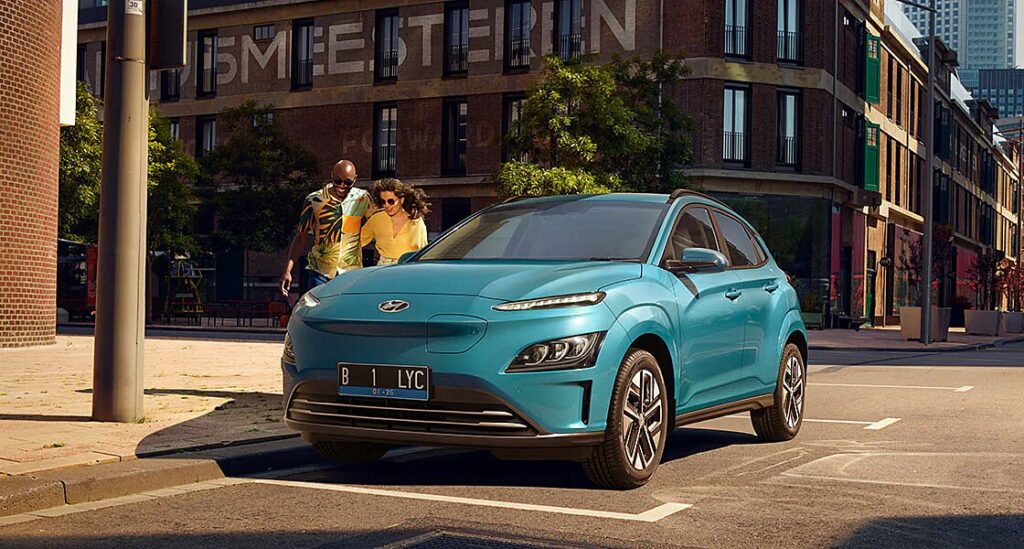Entering the era of electric vehicles, a number of world-renowned automotive brands have begun the transition process to electrification. One of the processes leading to the era of electric vehicles (EV), including stopping the production of a number of conventional fuel models
The brand that has now started to focus on electrification is Hyundai. The South Korean brand has already said it will stop selling vehicles with internal combustion engines by 2035 in Europe. The Genesis will be all-electric by 2030.
As a form of seriousness in working on EVs in the future, Hyundai will close one of its main factories in South Korea. Previously to focus on electric cars, Hyundai announced it would stop research on internal combustion engines.
Hyundai Motor Co. has stopped development and production activities for its internal combustion engine at the Hyundai KIA Namyang R&D Center in Hwaseong, South Korea last week.
This is done to accelerate research and development related to electric-based vehicles.
See also: Everything You Need To Know About Hyundai Ioniq 5
“Nowadays, it is unavoidable to transition to electrification. The development of our internal combustion engine is a great achievement, but we must change the system to build on future innovations, based on the assets we have today,” said Park Chung. -Kook, Chief R&D of Hyundai.
Please note that electric cars do not require an internal combustion engine or transmission. They only need a battery to accommodate power and an electric motor to drive the wheels.
Hyundai then transferred the experts at the factory to other R&D to further carry out research and development of EVs together.
Meanwhile, several locations, such as the Powertrain System Development and Powertrain Performance Development Center, have been converted into the Electrification Test Center and the Electrification Performance Development Center.
See also: Hyundai recall of 2,679 Hyundai Ioniq Due To Self-Slowing Speeds
In 2026 Hyundai Motor Co. and KIA Co. targets to sell 1.7 million units of electric vehicles globally.
Hyundai is predicted to become a major EV player and dominate the global automotive market by 2030.
“Our task now is to design and develop vehicles that can dominate the (electric car) market in the future. The restructuring that we are doing now is an important starting point for making changes,” said Chang Jae-hoon, CEO & President of Hyundai Motor Corporation.
